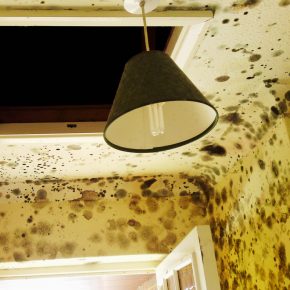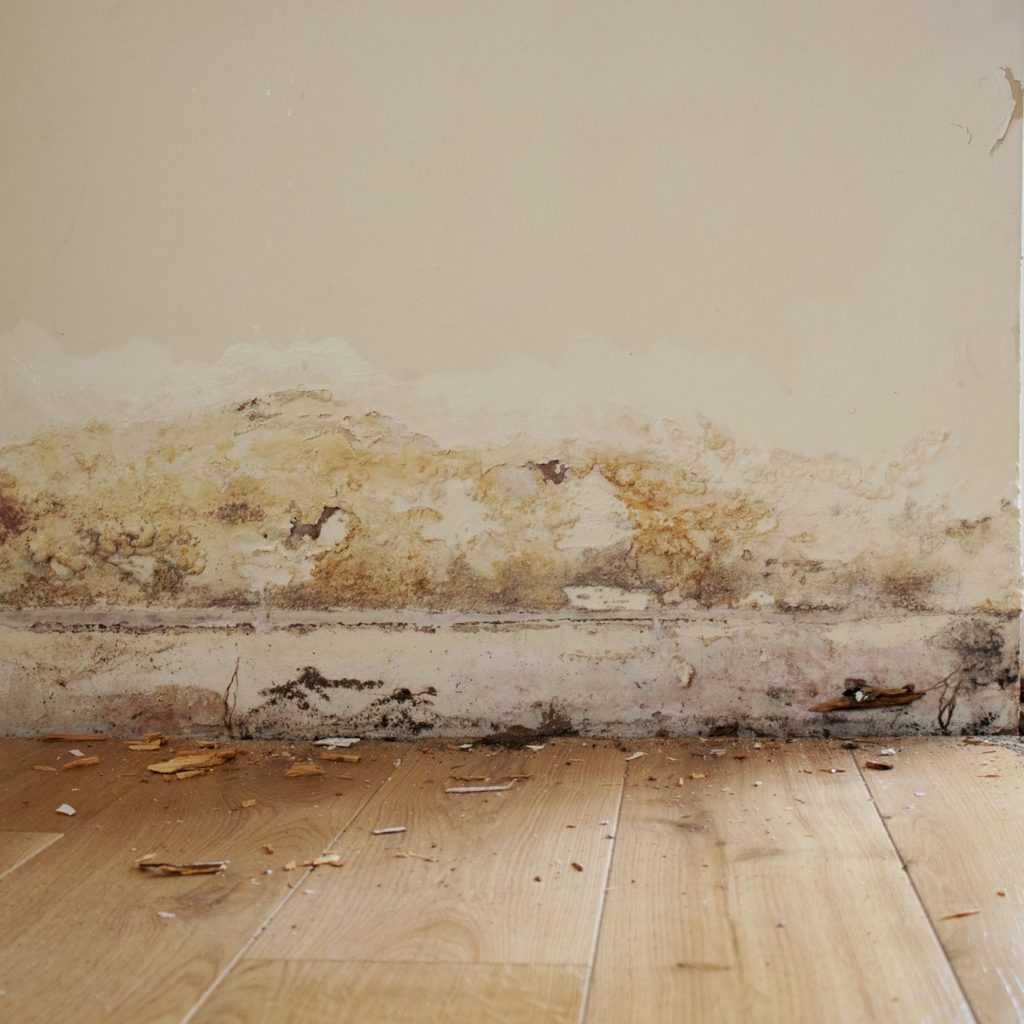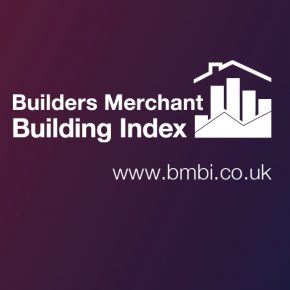
Court beckons for all landlords with damp property, warns Safeguard
Since March, all tenants – whether in private or social accommodation – can now sue their landlords if their homes have health-damaging defects, as Safeguard Europe explain here.
This is thanks to the Homes (Fitness for Human Habitation) Bill 2017-2019, which came into force for new tenancies from 20 March 2019 and, from now, applies to existing, historic tenancies too.
Hudson Lambert, MD of Safeguard Europe, the UK’s leading specialist in damp and waterproofing, and masonry repair solutions, remarked that ‘landlords have had 12 months to consider the implications of the act.’
“They’re running out of time to improve these properties before the law starts to bite. Our advice to any that haven’t done so is to assess properties as soon as possible and make the necessary repairs or modifications. No one should be living in homes that are damaging to health.”
The Act sets out a raft of issues which, if defective, could cause harm to tenants, including proper ventilation and freedom from damp. The presence of damp and poor ventilation can both promote mould growth, and the relationship between ill health, damp and mould and the negative impact on respiratory health are well established.

The English Housing Survey 2018-2019 found 7% of private rented dwellings and 5% of social housing had some sort of damp problem. In certain sectors, that figure appears to be much higher.
Research by the National Union of Students published in February 2019 found that 35% of students were living in rented accommodation with damp and mould.
Previously tenants with damp and mould problems could attempt to legally address them by pursuing a statutory nuisance notice with local authority environmental health officers.
However, the response to council intervention from landlords has often been to begin eviction proceedings against the tenants, which deterred tenants from complaining.

Under the new regime, tenants can sue landlords, not only to force them to fix health-damaging defects, but also for compensation. The courts will decide on the timeframe for any required works, and what the level of compensation will be.
For landlords and their advisors seeking expert advice on damp, Safeguard offers a CPD seminar programme on the major causes and effective treatments.
The headline CPD, the RIBA-accredited Dealing with Dampness, is an overarching introduction to the problems of rising and penetrating damp that will give landlords, specifiers, builders and others enough information to help them tell the difference between the two and determine sources, while giving options on how to act to cure the problem.
Contact:
Safeguard Europe,
Redkiln Close,
Horsham,
West Sussex,
United Kingdom,
RH13 5QL
Phone: 01403 210204
Fax: 01403 217529
Visit Safeguard Europe's website
Visit Supplier's page
Latest news

18th December 2024
BMBI: October Merchant sales rally with a +7.3% month-on-month increase
The latest Builders Merchant Building Index (BMBI) report shows builders’ merchants’ value sales in October were up +1.2% compared to the same month last year.
Posted in Articles, Bathrooms & Toilets, Bricks & Blocks, Building Associations & Institutes, Building Industry News, Building Products & Structures, Building Services, Building Systems, Civil Engineering, Cladding, Concrete, Cement, Admixtures, Drainage, Drainage Services, Floors, Garden, Hand Tools, Hard Landscaping & Walkways, Health & Safety, Heating Systems, Controls and Management, Heating, Ventilation and Air Conditioning - HVAC, Information Technology, Interior Design & Construction, Interiors, Landscaping, news, Paints, Paints, Coatings & Finishes, Pipes, Pipes & Fittings, Plant, Equipment and Hire, Plumbing, Power Tools, Publications, Research & Materials Testing, Restoration & Refurbishment, Retrofit & Renovation, Site Preparation, Sustainability & Energy Efficiency, Timber Buildings and Timber Products, Walls, Waste Management & Recycling
18th December 2024
GEZE UK announce Kids' Village charity partnership
Kids’ Village is delighted to have partnered with GEZE UK as their 2025 charity of the year – find out more via the article…
Posted in Access Control & Door Entry Systems, Architectural Ironmongery, Articles, Building Industry Events, Building Industry News, Building Products & Structures, Building Services, Charity work, Doors, Facility Management & Building Services, Health & Safety, Restoration & Refurbishment, Retrofit & Renovation, Security and Fire Protection, Windows
18th December 2024
Encon Achieves 5% Club Silver Membership
The Encon Group, the leading independent distributor of building materials, is pleased to announce that it has been awarded Silver membership of The 5% Club by the 2024/25 Employer Audit Scheme.
Posted in Articles, Awards, Bricks & Blocks, Building Associations & Institutes, Building Industry Events, Building Industry News, Building Products & Structures, Building Regulations & Accreditations, Building Services, Building Systems, Civil Engineering, Cladding, Concrete, Cement, Admixtures, Facades, Hard Landscaping & Walkways, Health & Safety, Insulation, Landscaping, Plant, Equipment and Hire, Recruitment, Restoration & Refurbishment, Retrofit & Renovation, Site Preparation, Training, Walls
18th December 2024
SWA: A focus on Steel Window Association member West Leigh
Located in Charlton, South London, SWA member West Leigh was established during the Blitz, in 1943. During the destruction in London, the company helped in repairing windows and facades that had been damaged by bombings throughout the city.
Posted in Articles, Building Associations & Institutes, Building Industry News, Building Products & Structures, Building Services, Building Systems, Case Studies, Facades, Glass, Glazing, Restoration & Refurbishment, Retrofit & Renovation, Steel and Structural Frames, Walls, Windows
 Sign up:
Sign up: